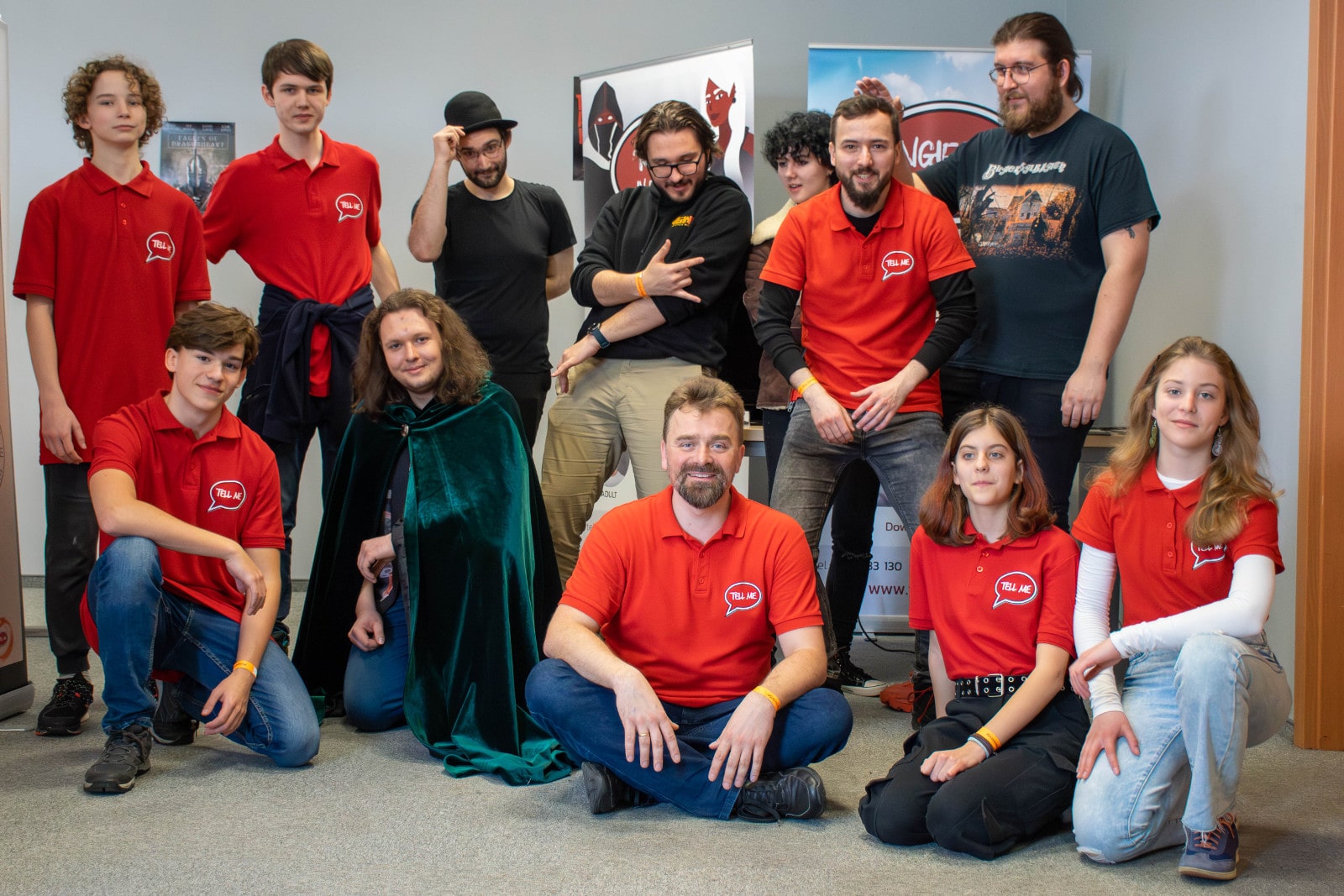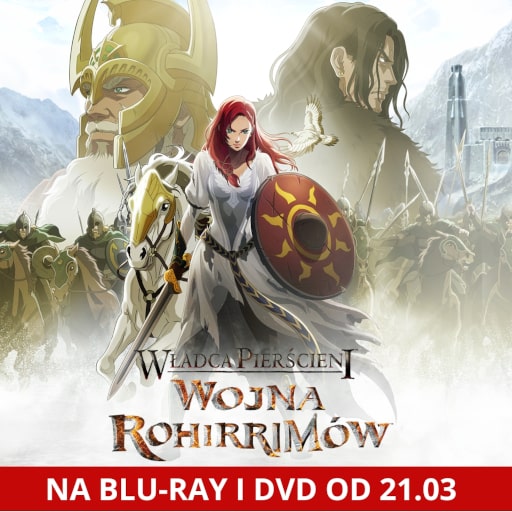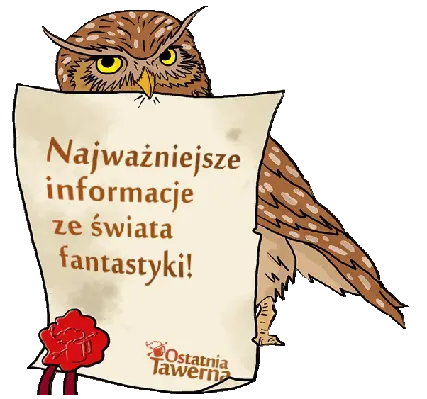The Last Tavern: What systems do you play? Are these well-known titles or do you create your own ideas?
Tell Me: RPG systems are two things: the worlds presented and the game mechanics. Some systems have very elaborate worlds, others are just rules. Each Storyteller is free to use the mechanics that suit him/her. The condition is the ease of introducing players to it. Some are so comfortable with D&D5e that they can easily teach it to ten-year-old students.
The whole year of classes consists of over 60 meetings of 90 minutes each. There is plenty of time to learn the mechanics. The first lessons are a kind of tutorial, then students become more and more familiar with the rules.
When it comes to game worlds, it all depends on our players. Each participant completes a survey of interests, in which he expresses what climates are close to him/her. If there is a group that loves the world of Warhammer 40K, Storyteller will create a story for them in this world, but they don’t have to use the system released by Fantasy Flight Games, because maybe they just don’t know it or think FATE or DnD5e is cooler.
OT: What world do your players most want to play in? Prefer horror, science fiction, fantasy or something else entirely?
TM: Depends on age. Fantasy reigns among the younger ones. The older they are, the greater the variation. Post-apocalypse, steampunk, space opera, cyberpunk. Everything appears.
Some groups move in a world taken from a specific movie, series of books or TV series. We had groups in the world of Avatar, the last airbender , Star Wars etc.
OT: Does popularizing RPGs attract new people? Do you have any questions, will it be possible to face Vecna after the latest episodes of Stranger Things ?
TM: Not really. I feel like people overestimate the impact of this show.
RPG is already a very solid part of the mainstream. Generations born in the 80s and 90s, who were the first (in Poland) to encounter RPGs, understand the advantages of this entertainment. Now this generation has the most influence in the mainstream. I think that even without ST and Critical Role, the interest in RPGs would be growing.
OT: People who have experience with RPGs or rather complete novices come to you more often?
TM: We have 3 groups of students. Youth, adults and employees (training for companies).
As for the youth, most of them had no RPG experience before coming to Tell Me . They are excited to play anything and are open to new experiences.
Adults who come to us for group courses are 70% RPG enthusiasts with various backgrounds. The rest are people looking for an alternative to traditional language lessons.
Training for corporations is a completely different story. Each company is different and has its own character and culture. It’s common for tech companies to have employees who are already familiar with RPGs. Trainings for companies are unique because students know each other outside the course and need fun and interaction together to relieve stress from work.
OT: Who creates the characters? Do you already have “ready-made” or do you rather create together with the players?
TM: Each course is different. Prior to the course, students complete an interest survey. Based on them, we prepare the world, the challenge and the heroes. If we fail with what we have prepared, we can change it at any time. On annual courses there are even scheduled moments during which we hold a debate on this topic and either change the climate or continue to develop what we started.
OT: Do you have any funny anecdotes from the session?
TM: A million! I could tell you many typical RPG anecdotes, after all, we run several dozen sessions a month.
For us, however, the coolest moments are when shy people discover that they start talking spontaneously. These moments usually involve some cool story element.
I once had a student named Tosia, who at the beginning of the course spoke only in very short sentences, she had a typical speaking block. One day, the team needed money for an expedition and they were going to sell the pony to the slaughterhouse. During sessions we use slides and it just so happened that I had a photo of a loaded pony prepared and this photo triggered something in Tosia. She started defending this pony with passion. The debate over selling a pet took half a lesson.
After the session, Tosia told me that this pony was the first thing she argued about in English. He accompanied the team until the end of the course. They called him Discordant. He saved their lives several times. Once he scared the trolls (he roared with all his might in the depths of the cave), once during the fight with the dragon, he distracted the beast, another time he helped them pull a prank on the tax collector. In short, the team’s favorite pet.
One day, Discordant was enchanted by Faerie and could speak in a human voice for one hour. Tosia asked if she could speak for him. I agreed. Tosia, instead of using this opportunity to make a joke, began to recite the poem. It turned out that she had been drawn to the poetry of Robert Frost for some time. When Discordant declaimed Stopping by Woods on a Snowy Evening, everyone had tears in their eyes.
 OT: Whose games are more violent: teenagers or adults? Are young people more attracted to brawl?
OT: Whose games are more violent: teenagers or adults? Are young people more attracted to brawl?
TM: Violence is an area that we try to deal with in games, regardless of age. It is important not to offend or scare another party member. You can talk to students of all ages about this. We have a detailed narrative policy. Depending on the age, certain things cannot appear in lessons. For example, the youngest may have enemies such as zombies or robots, but not humans.
OT: What are your plans for this year? Will there be any holiday trips combined with courses?
TM: We’ve got a lot of cool stuff ahead of us. There will be a trip to England for young people, holiday courses in Warsaw, we are still recruiting adults for quarterly courses, it happens all year round.
OT: Great, thank you for the interview and we wish you many more fascinating adventures and trips.

